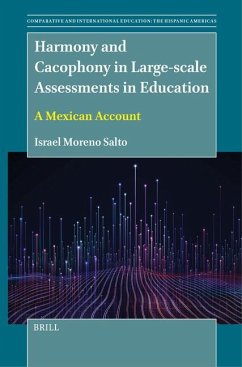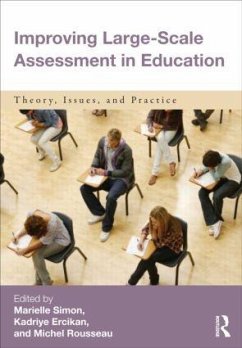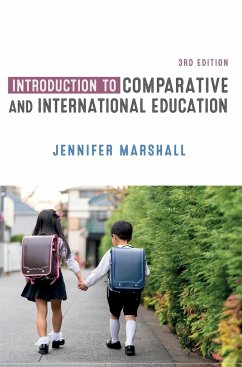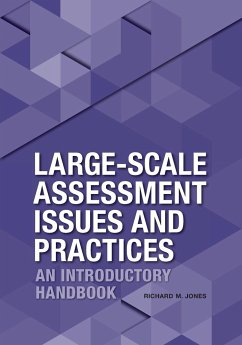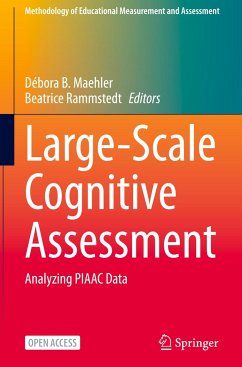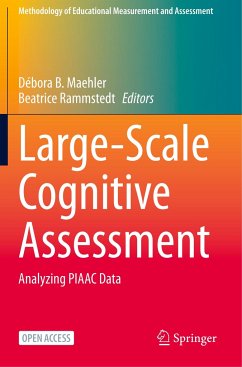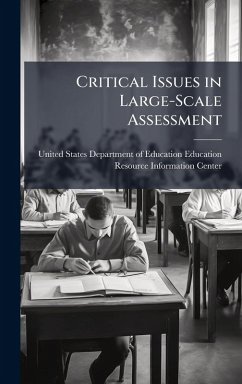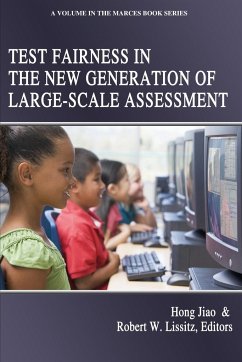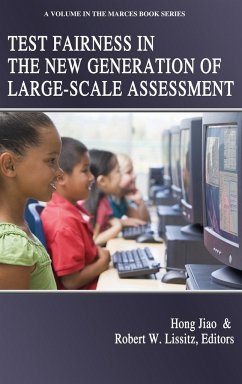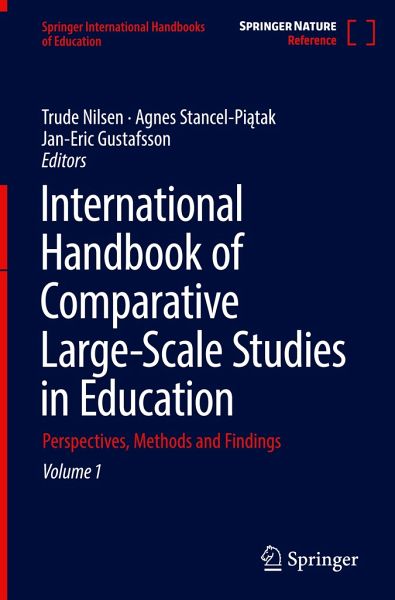
International Handbook of Comparative Large-Scale Studies in Education
Perspectives, Methods and Findings
Herausgeber: Nilsen, Trude; Stancel-Pi¿tak, Agnes; Gustafsson, Jan-Eric
Versandkostenfrei!
Versandfertig in 1-2 Wochen
252,99 €
inkl. MwSt.

PAYBACK Punkte
126 °P sammeln!
This handbook is the first of its kind to provide a general and comprehensive overview of virtually every aspect of International Large Scale Assessment (ILSA). It includes historical, economic, and policy perspectives, theoretical foundations, methodology, and reviews of findings from analyses of ILSA data. After decades, during which ILSAs have generated knowledge within central areas of education research and gained increased and substantial impact on educational policy, practice and research, such a broad overview for a wide-ranging audience is much needed. With contributions from authors ...
This handbook is the first of its kind to provide a general and comprehensive overview of virtually every aspect of International Large Scale Assessment (ILSA). It includes historical, economic, and policy perspectives, theoretical foundations, methodology, and reviews of findings from analyses of ILSA data. After decades, during which ILSAs have generated knowledge within central areas of education research and gained increased and substantial impact on educational policy, practice and research, such a broad overview for a wide-ranging audience is much needed. With contributions from authors and editors from all continents, this handbook appeals to an international audience and keeps a neutral perspective, not favoring one ILSA over another. The handbook is suitable to be read by politicians, researchers and stakeholders who are seeking an overview of ILSAs, their history and development, and both potential benefits and limitations with regard to policy implications. The reviews offindings from studies analyzing ILSA data will be of interest to stakeholders, teachers, researchers, and policymakers. Considering that the reviews extend to all fields pertaining to educational research, the book will be valuable to all researchers interested in education. Students may use the book to learn about ILSAs in the context of policy, theoretical underpinnings, or research. Moreover, the methodology section is written in a manner that is understandable and accessible for students, stakeholders, or researchers not familiar with these data. This methodology part, however, is also a valuable resource for researchers who are familiar with ILSA data, as it provides overviews of the design and sampling procedures of several ILSAs, and includes advice on methods of analysis. Even the owners of the ILSAs may find the book valuable, as it contains overviews and insights into a number of ILSAs, provides information how the data is used by the research community, and includes recommendations for future instruments.



